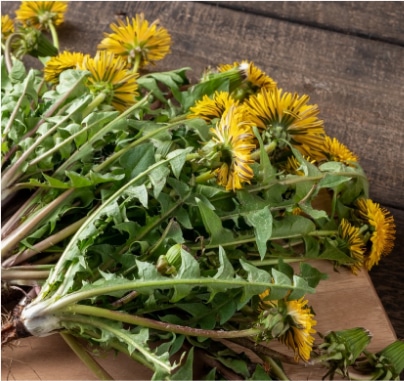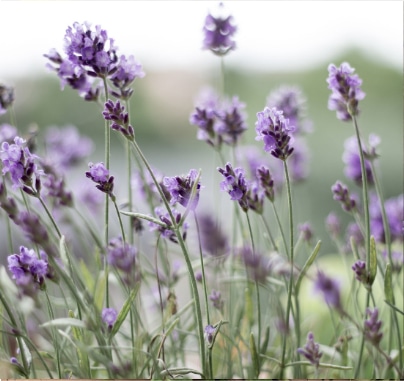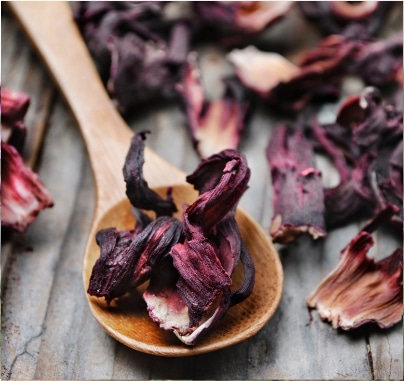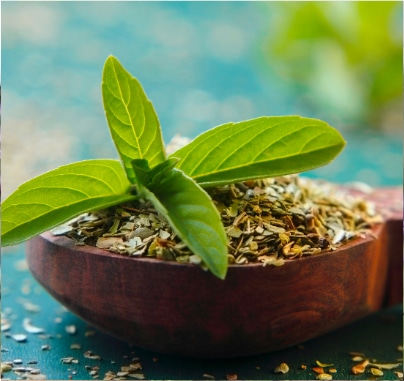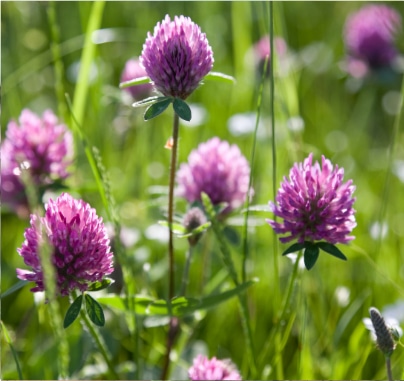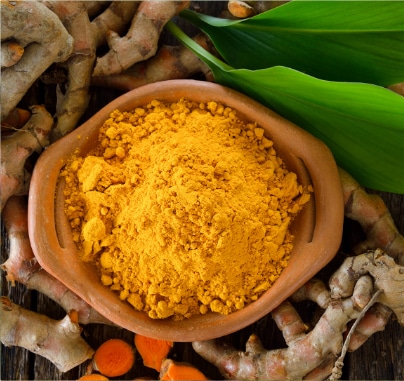committed
to tradition
We think it’s crucial to have a solid and unchanging base to stay connected to our culinary heritage. Even as tastes change, the traditional process stays the same, linking our past and our future.
our fermentation process
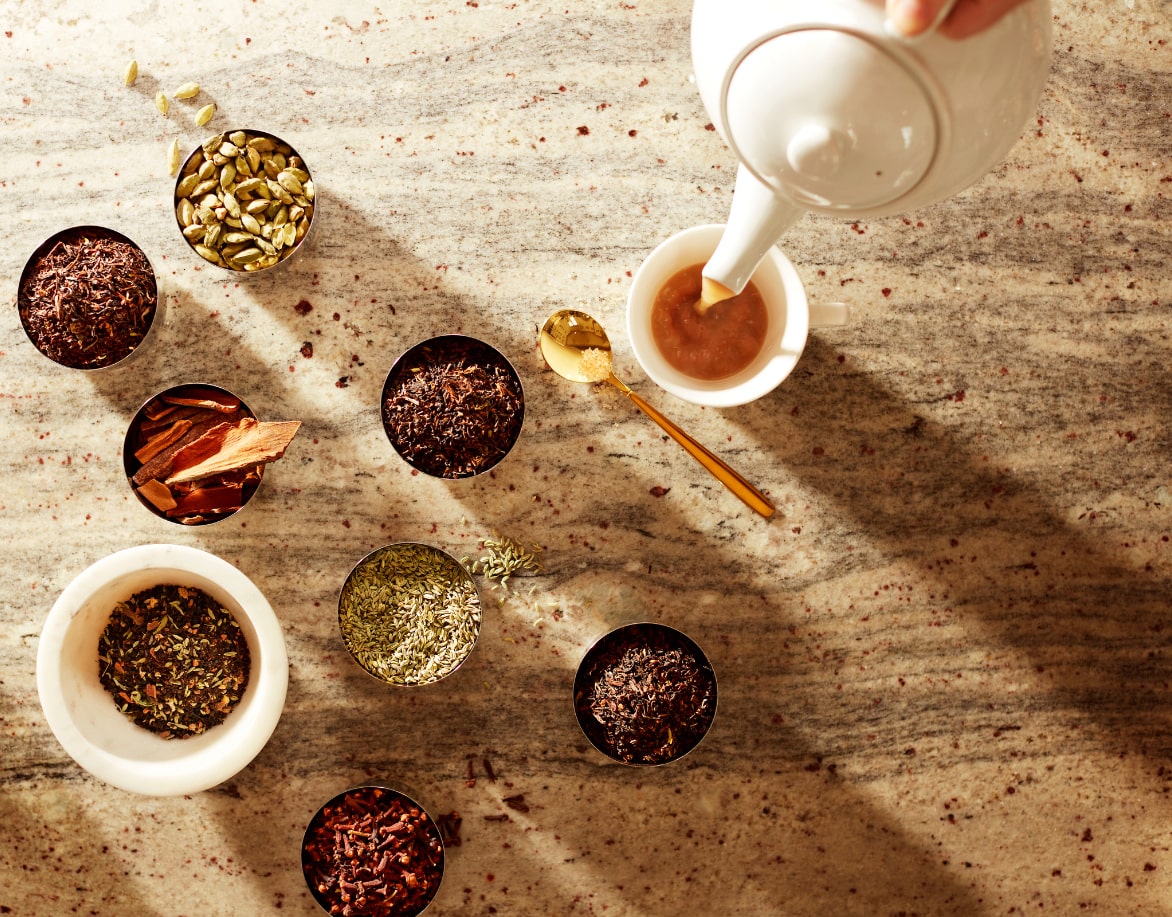
Sourcing Quality Ingredients: Our journey begins with the careful selection of high-quality organic ingredients, laying the foundation of our process on a bedrock of purity and excellence.
Tea Selection: For traditional kombucha, we carefully choose black tea, green tea, or a blend of both. Each tea we use carries the organic promise, ensuring freedom from pesticides and any other unnatural additives.
Brewing Tradition: We follow time-honored steeping times requirements for brewing our tea and medicinal herbs to ensure full extraction of all beneficial components form medicinal herbs and teas.
Pure Organic Sugar: We use authentic, unrefined organic cane sugar, avoiding artificial sugar substitutes or sugar alcohols. Using real sugar in kombucha is essential! All chemically extracted artificial sweeteners and other sugar substitutes lack the crucial energy source that kombucha relies on for robust growth and vitality.


Adding the SCOBY & the Starter: Once the tea and sugar solution cools down to room temperature, we introduce our mother scoby (Symbiotic Colony of Yeast and Bacteria) and some preexisting kombucha liquid to initiate safe fermentation process.

Transformation: During few days of culturing, the sweetened tea undergoes a remarkable transformation, evolving into a brand-new entity – living KOMBUCHA, with a bioactive composition that includes vitamins, minerals, lactic acid, acetic acid, glucuronic acid, DSL, ethanol, and CO2. The microbial ensemble typically includes Acetobacter, Komagataeibacter, Saccharomyces, Zygosaccharomyces, and a myriad of other living cultures that remain largely uncharted by our current scientific understanding.
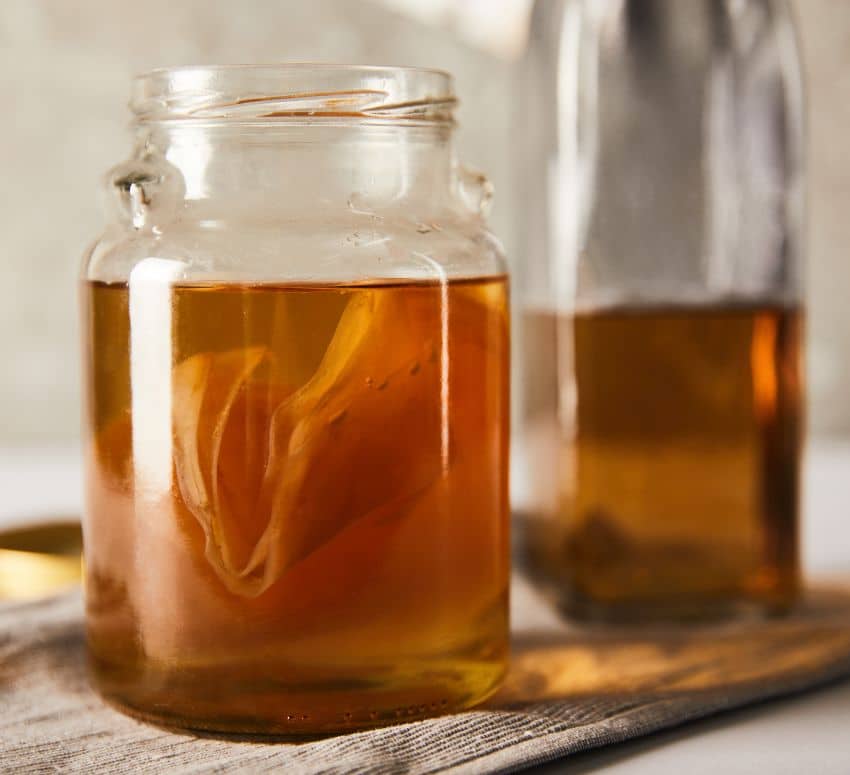
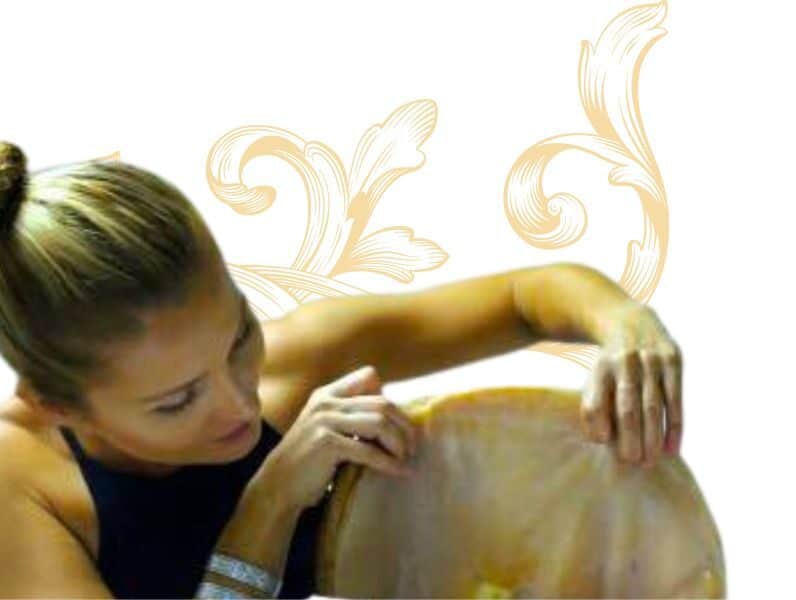
Natural Fermentation: Kombucha undergoes a rapid transformation in its nutritional composition within a span of 5 to 14 days. There’s typically no requirement for extended fermentation unless the objective is to craft kombucha vinegar deliberately. The traditional approach was designed to strike a balance: it prevented the spoilage of sweetened tea while maintaining sensory enjoyment without an overpowering pungent taste. Any over-fermented (resulting in a pungent flavor) kombucha was typically reserved and utilized as a starter for a fresh batch, not intended for consumption solely for pleasure.
Enhancing Flavor and Benefits: Once we’ve crafted our authentic kombucha from the ground up, we elevate it to new heights. We blend it with fresh juices (never from concentrates), superfoods, medicinal flowers, unlocking a symphony of flavors and enhancing its already impressive array of benefits.


medicinal herbs
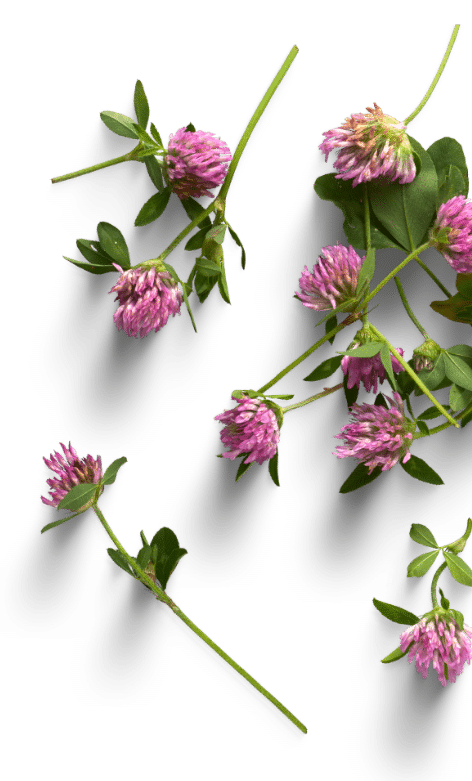
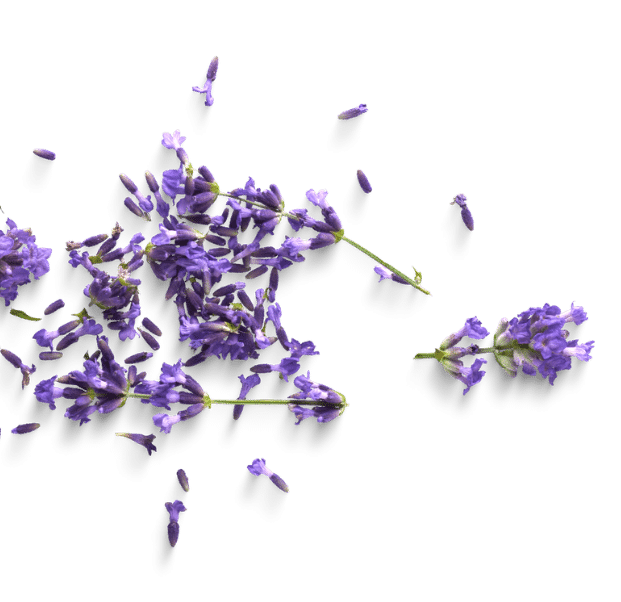
we care
Our model for business practice comes from Philippians 2:3-4:
“Do nothing out of selfish ambition or vain conceit. Rather, in humility value others above yourselves, not looking to your own interests, but each of you to the interests of others.”
Organizations we have been blessed to partner with:

sustainability
We understand the importance of looking after our planet. We are commissioned in Genesis 2 to care for the world like a garden and everything in it. This helps ensure our Earthly home can sustainably provide food and water to every living thing.
Over 9,000,000 Glass Bottles One of the cornerstones of our sustainability strategy is our reliance on glass bottles.
Our boxes are crafted from recycled cardboard, incorporating approximately 226.5 tons of this sustainable material with minimal ink usage.

